Salman Rushdie says he has been free of the symptoms of post-traumatic stress disorder despite almost dying from being stabbed during an attempted assassination in 2022, prompting his therapist to humorously conclude that it’s because the famed novelist is a “badass”.
Rushdie shared the lighthearted anecdote during an interview aired Sunday morning by CBS News in which he discussed his new fictional story collection titled The Eleventh Hour – while also revisiting the attack at a literary gathering in western New York state that left him blind in his right eye.
The interviewer, Martha Teichner, told Rushdie that she was struck by how he seemed neither bitter nor angry about the stabbing that ultimately resulted in a lengthy prison sentence for his convicted attacker. She said: “Most people would say … this is a clear recipe for a life with PTSD,” yet he had published a 2024 memoir about the assault – Knife – and now had followed up with The Eleventh Hour.
“Well, I do have a therapist, and I asked him at one point to list for me the symptoms of PTSD,” Rushdie replied, in his characteristically soft-spoken tone. “And I said, ‘But I don’t seem to be having those symptoms, so what’s wrong with me?’
“And he said, ‘Well, it’s because you’re a badass – that’s the technical term.’”
The attack on the Indian-born British American author occurred more than 35 years after he was first subjected to a death warrant, or fatwa, by Iranian religious leaders who were upset at his depiction of Islam in his 1988 novel The Satanic Verses.
Rushdie was on stage lecturing at the Chautauqua Institution amphitheater when Hadi Matar – aiming to fulfill the fatwa – stabbed him in the head, neck, torso and left hand, resulting in critical injuries to his right eye, liver and intestines. The damage to Rushdie’s right eye was permanent and left him unable to see out of it, even as he substantially recovered from many of the other wounds.
Matar was found guilty in February of attempted murder and later received a 25-year prison sentence. He was also sentenced to seven years for wounding the moderator of Rushdie’s lecture, Ralph Henry Reese.
On Sunday, Rushdie made clear that Matar’s actions did indeed change some aspects of his life. A notable one is that previously he refused to read books on computer tablets – but does so now.
“I do find that I use iPads in a way that I never used to … because there’s light” on their screens, Rushdie said. “I can adjust the size of the type. I never read a book on an iPad, but now I do.”
He also said that “for public facing things there has to be security in a way that there wasn’t” in the years before his stabbing by Matar.
Rushdie has been a naturalized US citizen since 2016, the year Donald Trump won the first of his two presidencies. After Trump’s second presidency began in January, his administration has sought to deport as many immigrants from the US as possible.
Teichner asked Rushdie if the feeling he had when he became an American citizen had “become fractured or altered based on what’s happened since, both in public life in the [US] and to you”.
Rushdie acknowledged it was “a hard time in America” before adding: “If you think of countries as people, there is their better self and their less good self. And it would be nice if this country were to remember its better self.”


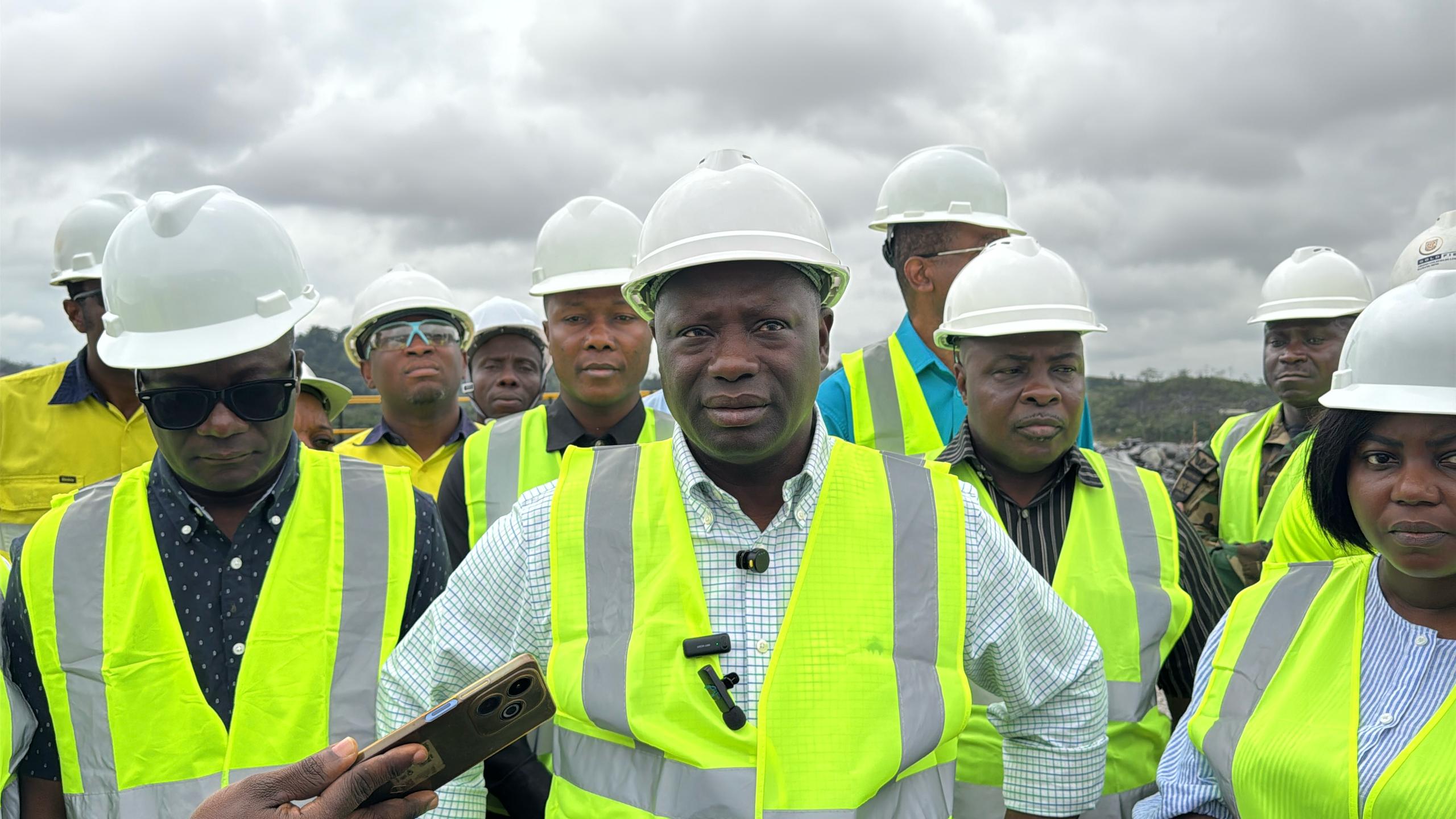

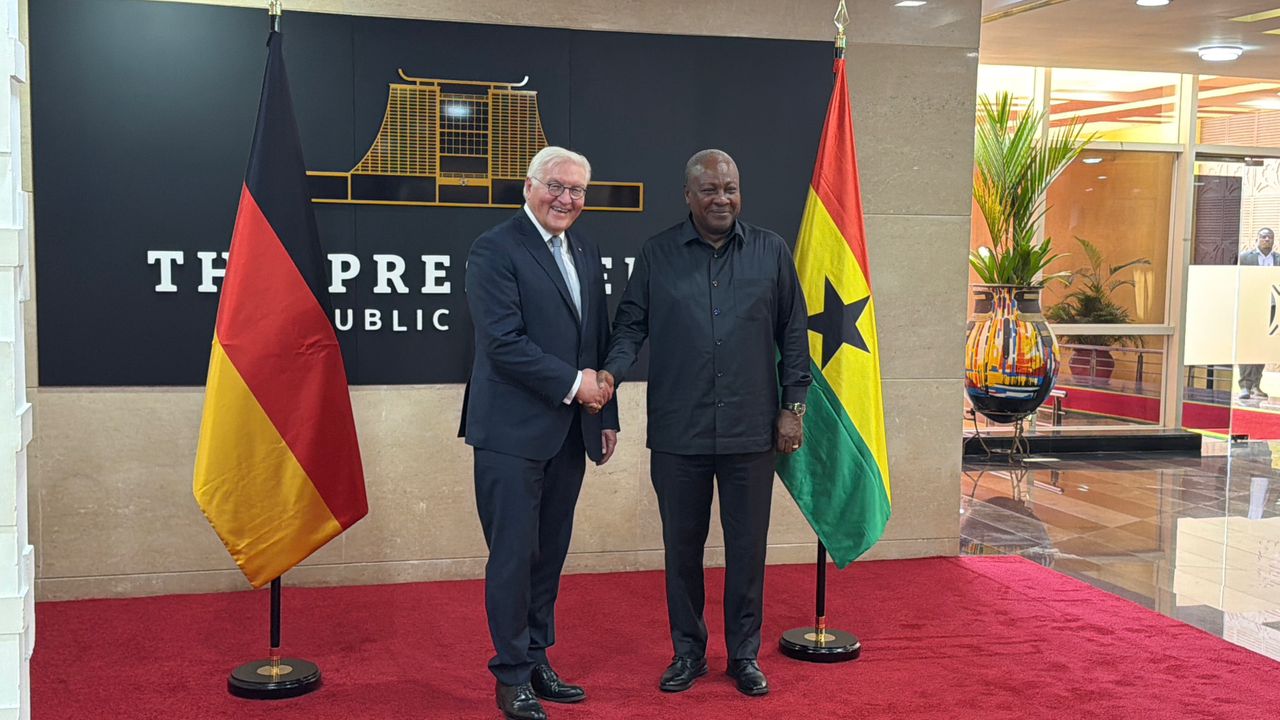
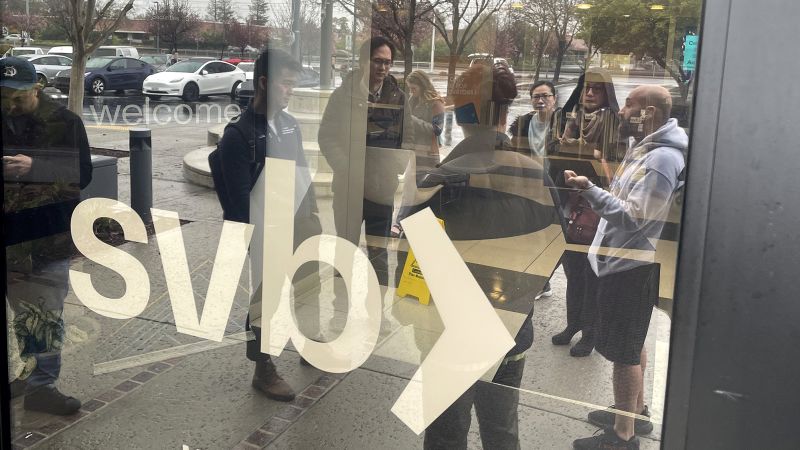

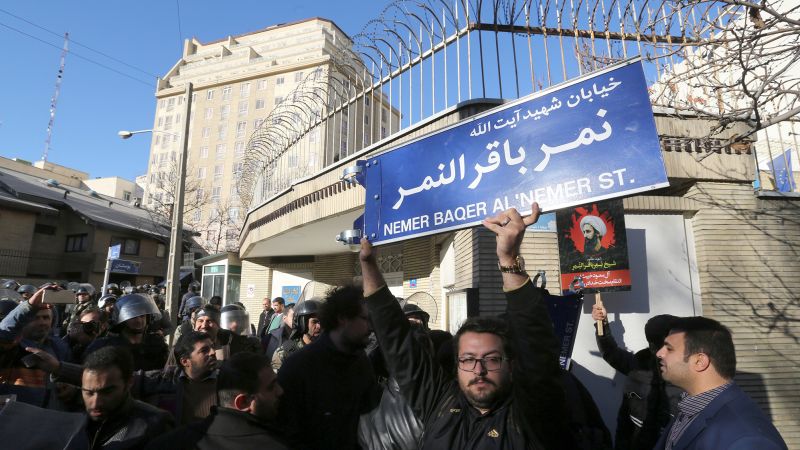
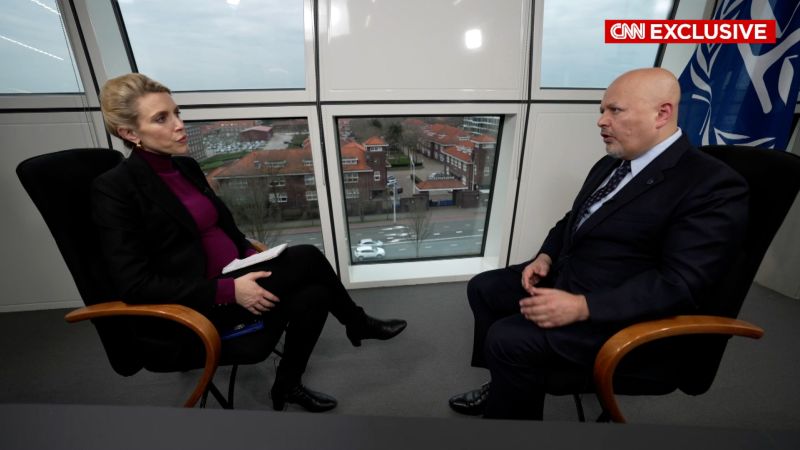
 English (US)
English (US)